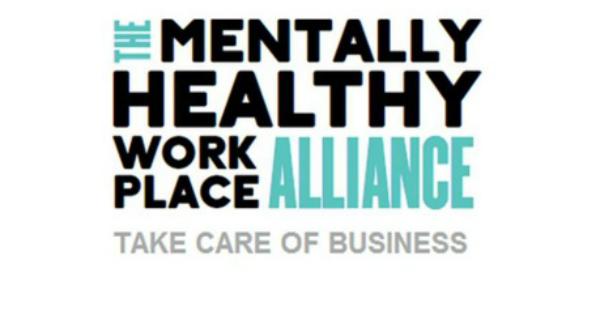Stress will impact everyone during their lifetime, however there are many factors that determine the severity of the impact, such as their psychological and genetic makeup, and other pressures in their personal life. A little bit of stress can be a positive influence in your life, as it has the potential to keep you focused, allow you to meet new demands and challenges and keep you energized. It is when stress reaches a level above your ability to cope that it becomes an issue and can have a detrimental effect on you physically, psychologically and behaviorally.
Physically, stress can cause sleep difficulties due to inability to “switch off” from what is causing stress, headaches and muscular tension as a result of not being able to relax. Heart palpitations and gastrointestinal upsets such as diarrhea and constipation are another symptom which is due to your bodies reaction to the fight or flight response. The physical symptoms of stress are the easiest ones to notice, it is the psychological and behavioral symptoms that are more difficult to self-diagnose and, at times, more detrimental to yourself and potentially others.
Psychological symptoms can include anxiety and depression, pessimism, an overwhelming feeling and inability to cope, as well we more difficulties in the ability to concentrate and make decisions. Behavioral symptoms include aggression, mood swings and general irritability, disinterest in everyday activities, problems with interpersonal relationships and an increase in sick days from work. It is clear that psychological and behavioural symptoms can be more detrimental to you and others as some of those listed above can cause relationship breakdown, increase the risk of losing work, an increased risk in the ability to function day to day and an increase risk of developing a mental health issue.
With the increase in smart devices that are allowing individuals to access work emails and take work home with them, decreasing their ability to switch off from work, there is an increase on work place stress. Work place stress affects not only the health and wellbeing of employees, but also the productivity of the organization, and accounts for the longest stretch of absenteeism. There are a number of reasons behind workplace stress, including the fear of being fired, pressure to perform to meet rising expectations, long hours, feeling overwhelmed, lack of control over how you complete your work, plus many more reasons. Along with the signs and symptoms listed above, excessive workplace stress can cause the following symptoms:
- Increase use in drugs or alcohol as a way of ‘coping’ with the stress
- Social withdrawal due to feelings of depression, anxiety and irritability
- Sleeping problems
- Decrease is sex drive
- Inability to concentrate
- Physical symptoms such as stomach problems and muscle tension and headaches.
There a number of strategies that an individual can implement to reduce and also avoid workplace stress, including:
- Speaking to their manager or someone in the HR department about their stress, what is causing it and developing ways of reducing it
- Speaking to someone close to them. There is a huge power in the ability of talking to someone about your troubles, as it allows you to stop holding it in, work through the issues and start the repair process
- Concentrating on your health with exercise and nutritional food. By concentrating on your wellbeing through exercise and nutritional food, you become stronger, physically and mentally, allowing you to become more resilient to stressful events.
- Taking a break. If you are feeling overwhelmed and stress is mounting, try and take a short break to distance yourself from what is causing the stress. Speak to someone, go for a short walk, watch or listen to something funny. Find something to change your state of mind and feel less stressed.
- Rest! By getting enough sleep each day, means that your body is better rested and increases your ability to focus, problem solve, creativity and productivity.
- Improve your time management skills. By creating a better work/life balance, having regular breaks and establishing healthy boundaries (leave work at work), as well as doing smaller things like waking up or leaving ten minutes earlier to avoid rushing, you allow yourself to switch off from work and reduce the feeling of being rushed and always on the go.
Everyone is different and will find something that will help them reduce stress in their life and also find something they can implement that will allow them to be more resilient to workplace and life stressors. By creating a work/life balance and finding these strategies, it creates for a more productivity workplace with fewer days off and most importantly, a happier and more focussed workforce.




